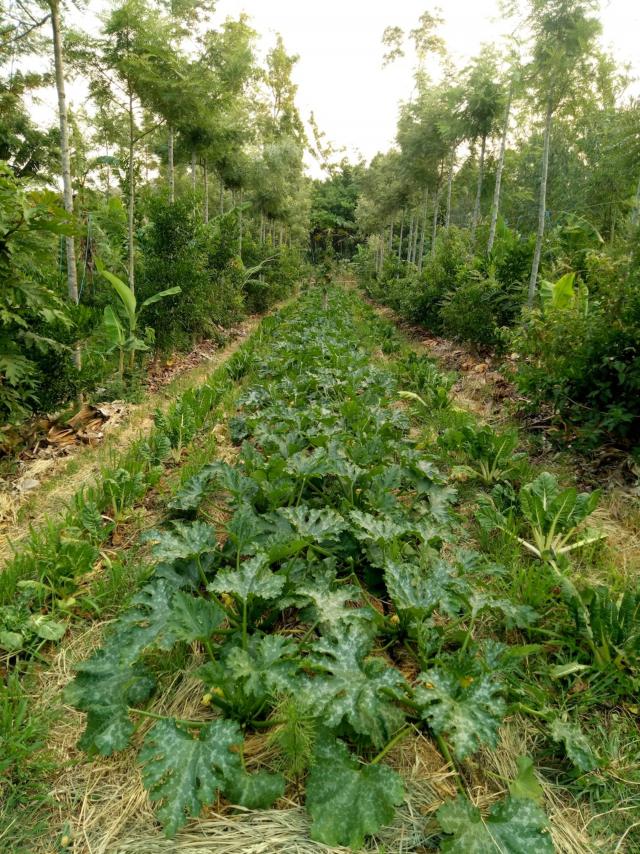Syntropic Agriculture advice

Digital Edition
Subscribe
Get an all ACCESS PASS to the News and your Digital Edition with an online subscription
Finals places on the line
Last-placed Valleys’ season will be on-the-line this weekend when they play two games in two days as they aim to bridge the gap between...








